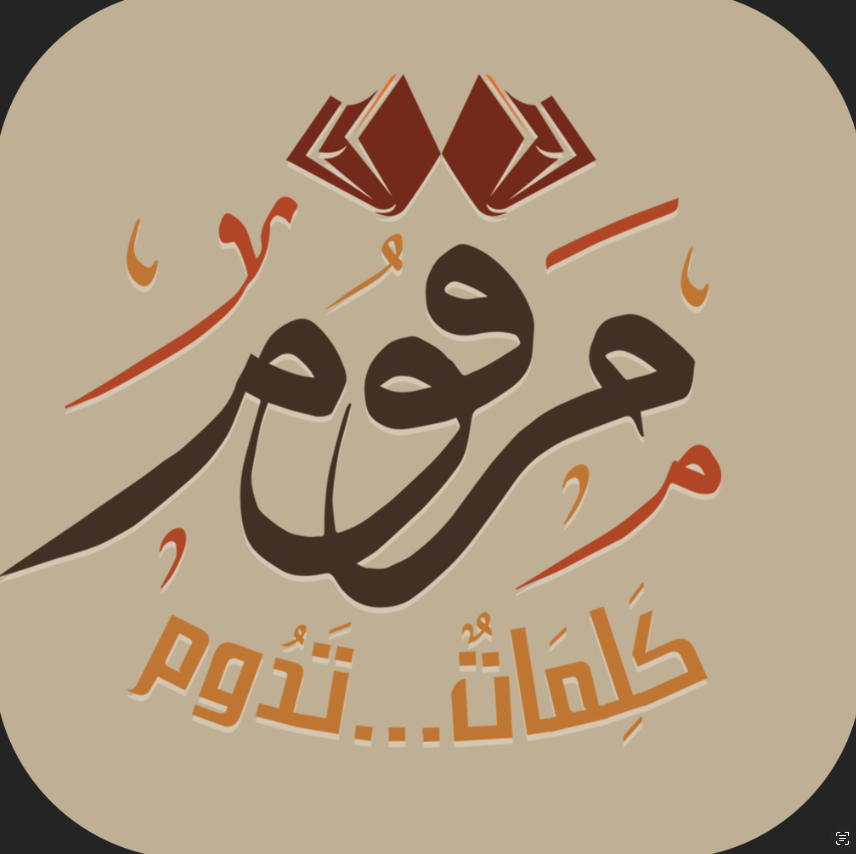
1. In Islam, conflict between science and religion is inconceivable.
Religion comes from God and so does the universe, with all its laws and
phenomena. True religion and accurate science, therefore, cannot contradict
each other because their source is one and the same — God. They are components
of one mission: explaining truth; religion through divine revelation, and
science through investigation and evidence.
2. Islam emerges from the very first revealed Qur’anic
word, the command, “Read,” as essentially a religion of knowledge in which
growing in faith as well as understanding is what lifts up a human. The Qur’an
specifically states: “God will exalt in degree those of you who believe, and
those who have been given knowledge.” (Qur’an 58:11)
3. In the whole Qur’an, the only supplication for
increase is: “Say, ‘My Lord! Increase me in knowledge.’” (20:119) Throughout
the Book, humankind is urged over and over to observe and reflect on creation.
Thus, knowledge according to the purpose and essence of Islam is not only a
matter of encouragement, but obligation. Prophet Muhammad (peace be upon him)
said, “Seeking knowledge is a duty for every Muslim (man or woman).” (Sunan Ibn
Majah)
4. Science and religion belong to two different but
equally important realms of knowledge. They complement each other, and do not
conflict because there is no overlap between the areas occupied by each.
5.
Both science and religion teach humans many things about themselves and the
universe in which they live, often in complementary and intersecting ways.
Science adds to faith and faith adds to science.
6.
Within this framework, every new scientific discovery represents a step forward
in human knowledge and another step forward in appreciation of God’s amazing
creation.
“Science itself does not contradict the hypothesis of
God. Rather, it gives us a window on a dynamic and creative universe that
expands our appreciation of the Divine in ways that could not have been
imagined in ages past.” Kenneth Miller.
